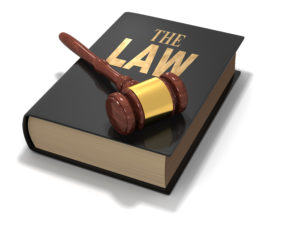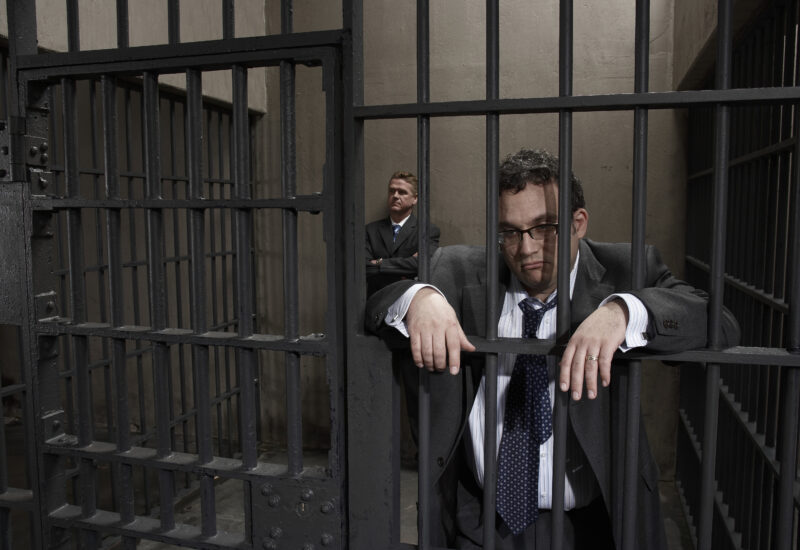
Criminal defense attorneys have plenty of strategic and legal reasons for advising their clients not to testify on their own behalf. Here are some reasons defendants typically choose to not testify during a trial.
Firstly, the prosecution has to prove the defendant’s guilt beyond a reasonable doubt. If they fail to do this, a defendant doesn’t need to prove anything, and they should be found not guilty. Even in cases of alleged self-defense, a defendant may choose to not present any evidence of self-defense. Yet the jury may rightly infer self-defense from the evidence presented by the prosecution, including the prosecution’s witnesses and any physical evidence.
Secondly, aside from the burden of evidence, defendants are entitled not to testify in their own defense to preserve their Fifth Amendment right against self-incrimination. This right is found in the U.S. Constitution and belongs to all criminal defendants no matter whether it is a jury trial or a bench trial in front of a judge alone and whether it is a felony or misdemeanor criminal charge.
But when a defendant voluntarily takes the stand, he waives the right to “plead the Fifth,” and he will be compelled to answer the prosecution’s questions as well as his own attorney’s during the criminal trial.
Once the defendant takes the stand, his criminal defense lawyer will ask questions that allow him to explain his side of the story in a way that is most favorable to his case.
However, when the prosecution gets a crack at the defendant during cross-examination, even the most sympathetic and credible defendant can become a seething cauldron of rage or an unbelievable mess. Depending on the circumstances of the case, if the defendant testifies, they could be asked about any prior criminal record and prior bad acts which can potentially discredit them in front of the jury or judge.
Because of the risk of a defendant being discredited or vilified on the stand, it is often much more prudent to let other witnesses do the heavy lifting in a defendant’s case. Defense witnesses can also testify about a defendant’s actions and even their perception of his state of mind without violating the rule against hearsay evidence.
This may not necessarily have to do with defense strategy or credibility; a defendant may simply be emotionally uncomfortable with testifying.
If you or a loved one is in a bind as a result of a criminal charge (malicious mischief or otherwise), immediately contact a Seattle Criminal Attorney. A Criminal lawyer is not going to judge you and understands that everyone makes mistakes. Hiring a Seattle Criminal Lawyer to help can – at a minimum – reduce penalties and can help direct people on how to best deal with their criminal charge, and many times even get them dismissed. So, it should go without saying that someone cited for a misdemeanor or felony should hire a qualified Seattle Criminal Lawyer as soon as possible. Criminal charges can cause havoc on a person’s personal and professional life. Anyone charged with a crime in Washington State should immediately seek the assistance of a seasoned Seattle Criminal Lawyer. SQ Attorneys can be reached at (425) 359-3791 and/or (206) 441-0900.


